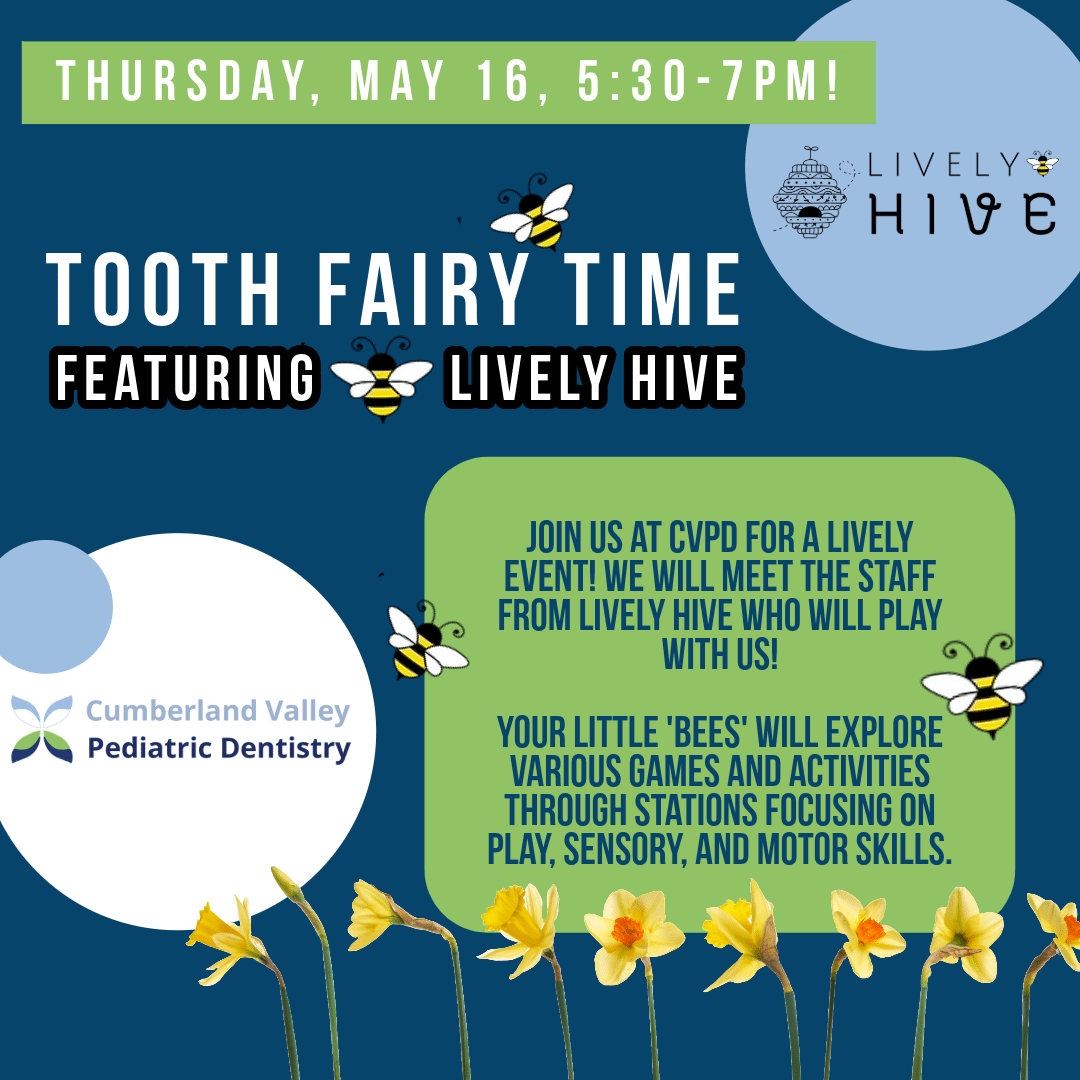Thumb sucking is a prominent habit that many children have that usually diminishes as they grow older. Some may have concerns over the potential issues that could arise from their overly ambitious thumb-sucker. We’re here to give you information on when you might need to worry along with some tips to help get your child to stop if they reach that point.
Why do Children Suck Their Thumbs?
So, why do we suck our thumbs when we’re young? The main reason is it provides a sense of comfort and security. It is a totally normal instinct that humans have before they are even born that makes us feel happy. So, there is no reason to panic over the habit. Most children stop sucking their thumb by the time they are 4 years old.
Dangers Thumb Sucking Can Have on Teeth
Once at the point of developing adult teeth thumb sucking can become a problem. Various problems that can occur mainly stem from alignment issues. Once permanent teeth start coming in if your child continues to suck their thumb problems with the alignment of the teeth could start to appear, especially if the sucking is aggressive. This is caused by the pressure applied on the gums by the child’s finger or pacifier.
- Bite Issues – One alignment issue that can occur is the development of an open bite. This is when a child bites together and their teeth don’t overlap. The teeth begin to slant outward so they don’t touch when their mouth is shut. This as well as other bite problems can arise from thumb sucking.
- Speech Issues – Issues related to the child’s speaking pattern can grow serious if not addressed once adult teeth start coming in. Speech impediments and lips could possibly develop.
- Jaw misalignment – Thumb sucking and the use of pacifiers for prolonged time periods can cause an unnatural development of the jaw which can affect the alignment and present other problems.
- Mouth roof narrowing – Because the roof of a child’s mouth is softer and more pliable during younger childhood, prolonged thumb sucking can actually cause the roof to narrow (almost as if it were forming around the thumb) and later problems with developing and crowding teeth.
- Slanting Teeth – Teeth that are developing while a child is excessively turning to thumb sucking or the use of a pacifier can cause them to protrude or grow slanted leading to a lessened esthetic appearance, discomfort, or other issues affecting their bite.
Ways to Help Your Child To Stop Sucking Their Thumb
Getting your child to regular dental visits early on can help any problems that may take place to be recognized in a swift manner. Even if adult teeth don’t usually come in until a little later in adolescence the precedent can be set by forming issues within the mouth that don’t resolve themselves by that time. Here are some tips to try which can help stop the problem.
- Ask your child’s dentist for help – If the information on this page hasn’t given you what you were looking for, consult your dentist. Our team at Noll Family Dentistry would be happy to help you.
- Positive Reinforcement – As with many things with children positive reinforcement is important when trying to abandon certain habits as they grow older. Be sure to praise them if you notice they have gone a long time without sucking their thumb. You could even implement a sticker chart to track each day they break the habit.
- Orthodontic Devices/Thumb Shields – There are a variety of orthodontic devices that can be used to stop your child from thumb sucking which can be recommended by a periodontist. You can also find a wide range of thumb shields that you can get without a prescription. Even mittens and gloves can be effective DIY tools.
Conclusion
In most cases thumb sucking will not be an issue and is actually a natural and healthy habit for children to have. The information provided is to help show you what signs to look out for that might possibly be harmful and to show you the steps to greatly reduce the chances of any problem occuring.
If the above information doesn’t seem to quell your child’s thumb sucking, you can always ask their pediatric dentist for more information and guidance on what you can do to help break the habit. The most important thing to remember is that breaking a habit takes time and patience on the parent’s part and encouraging your child in a positive and helpful manner will make this process much easier on them and you!


